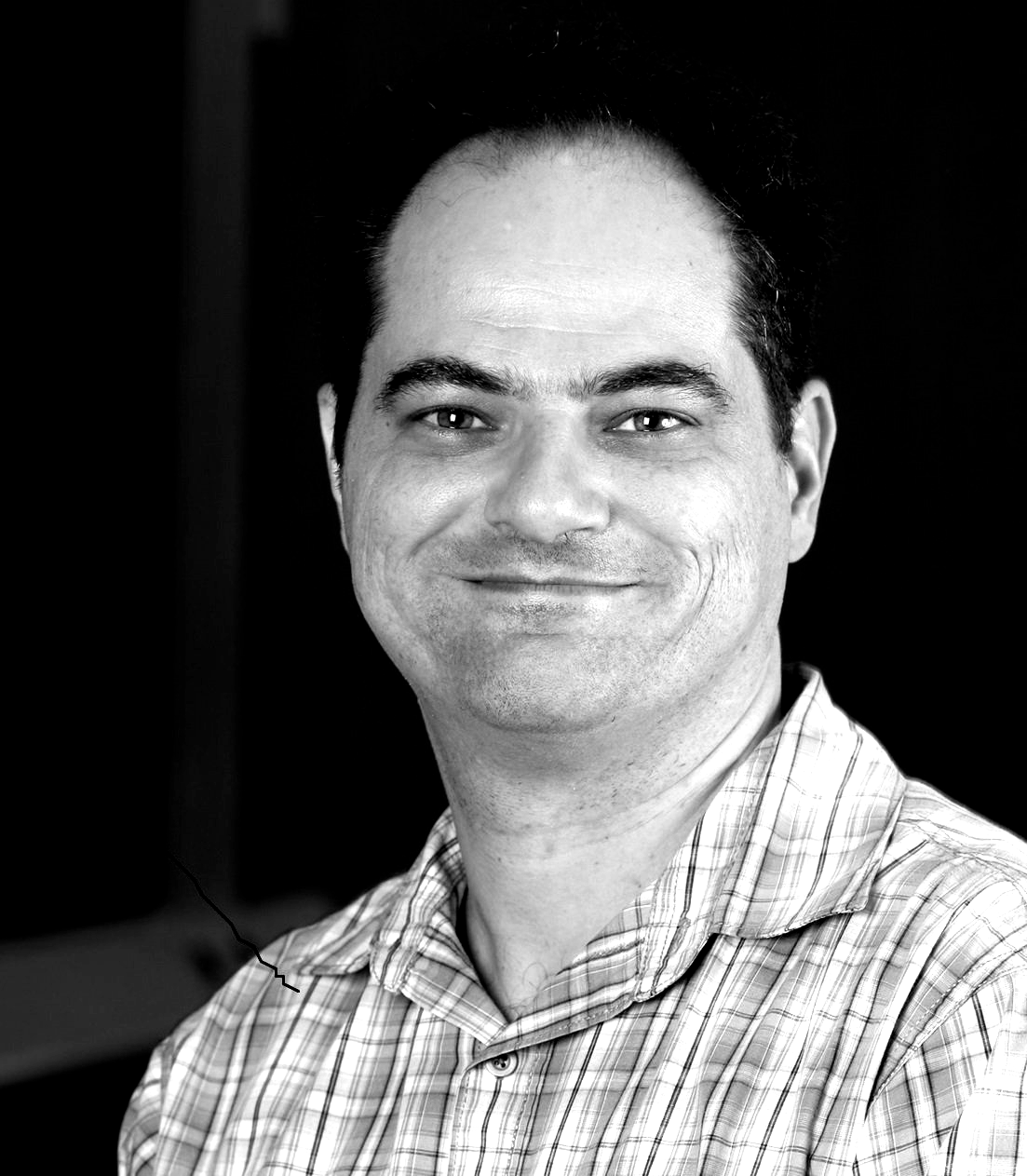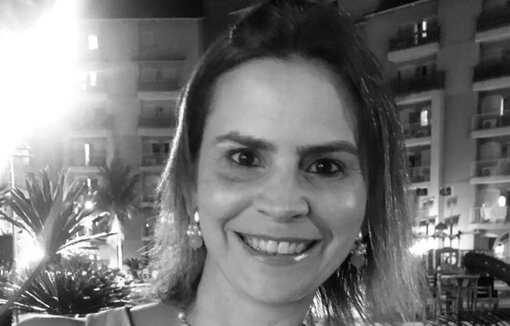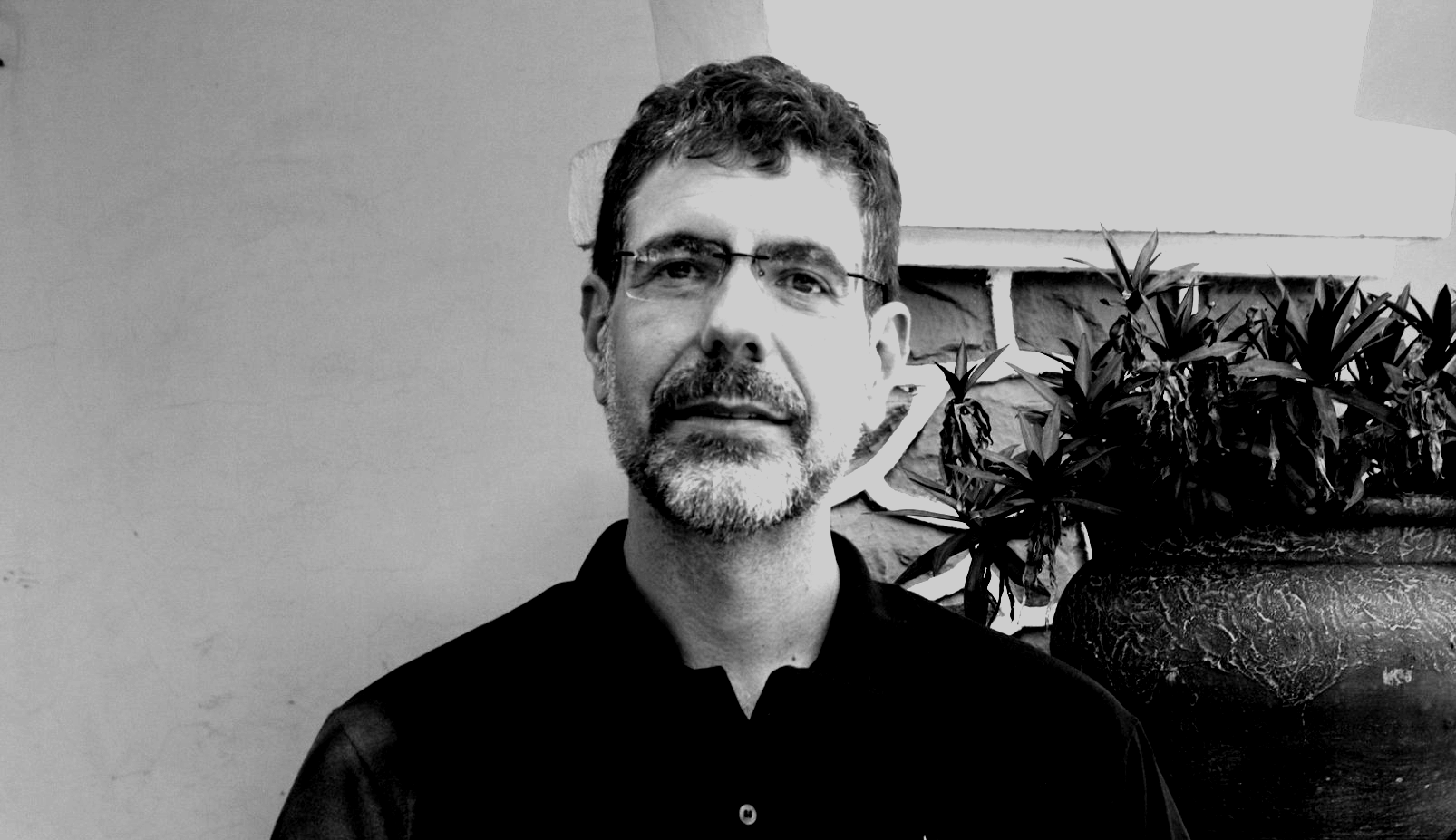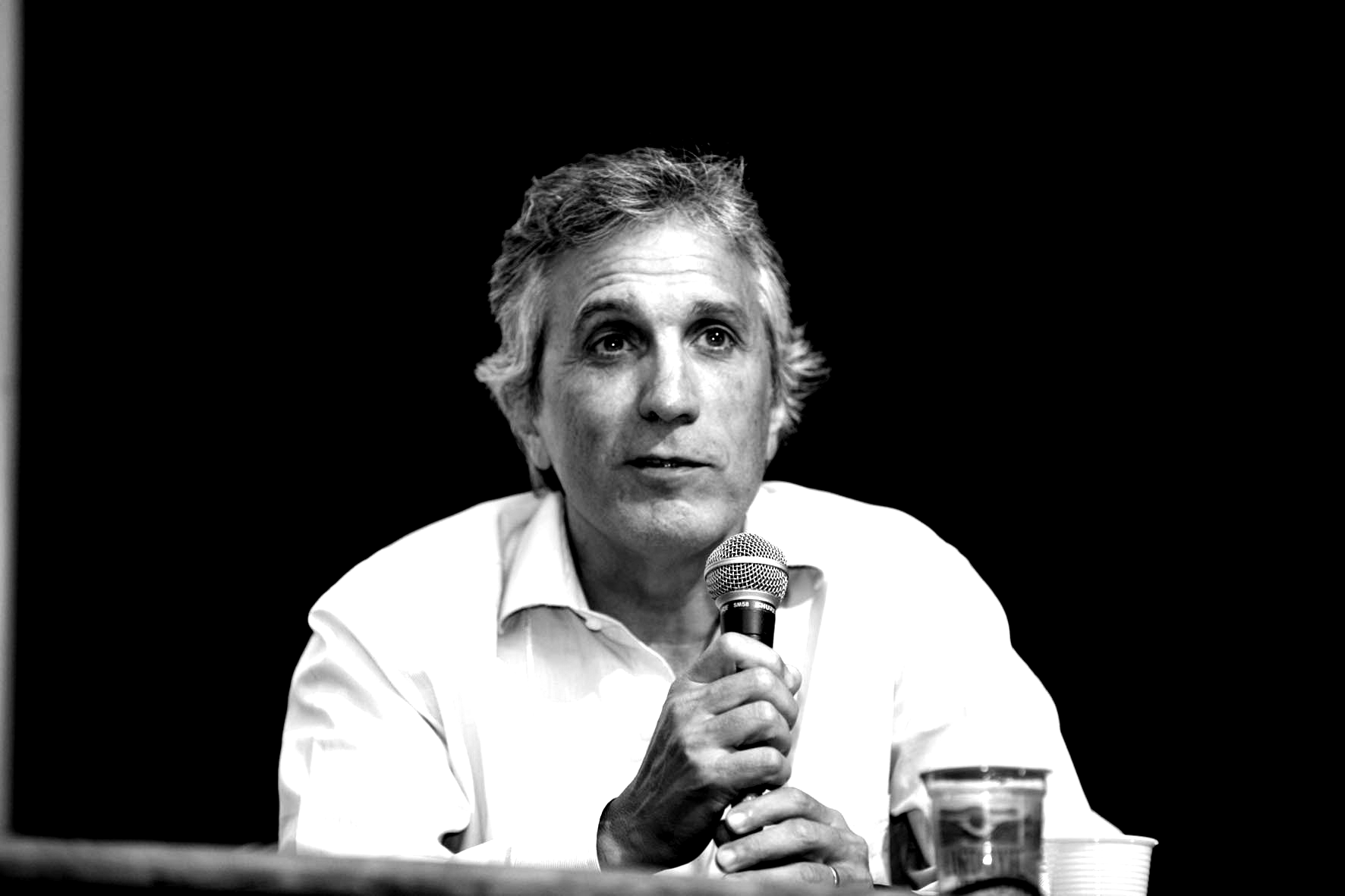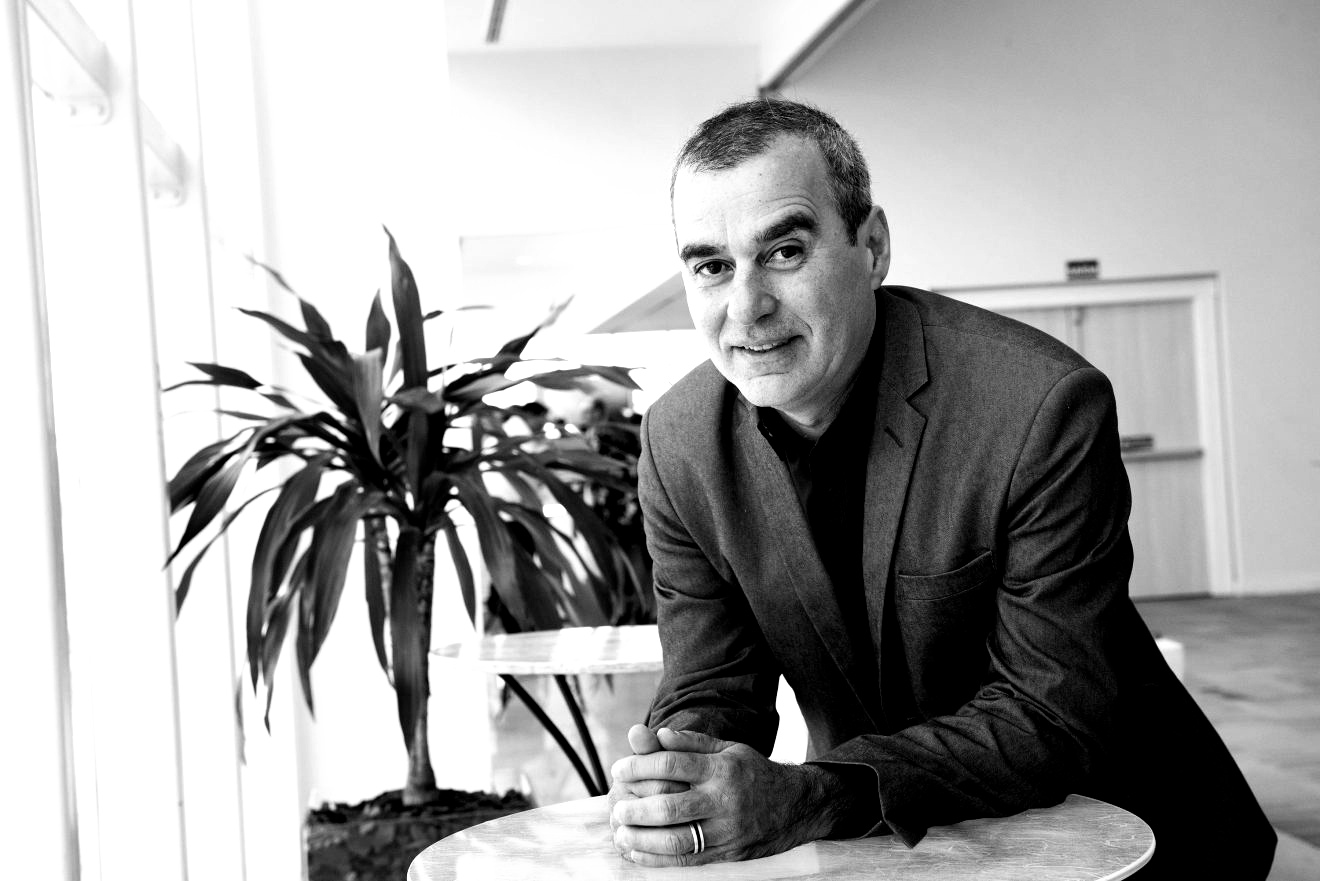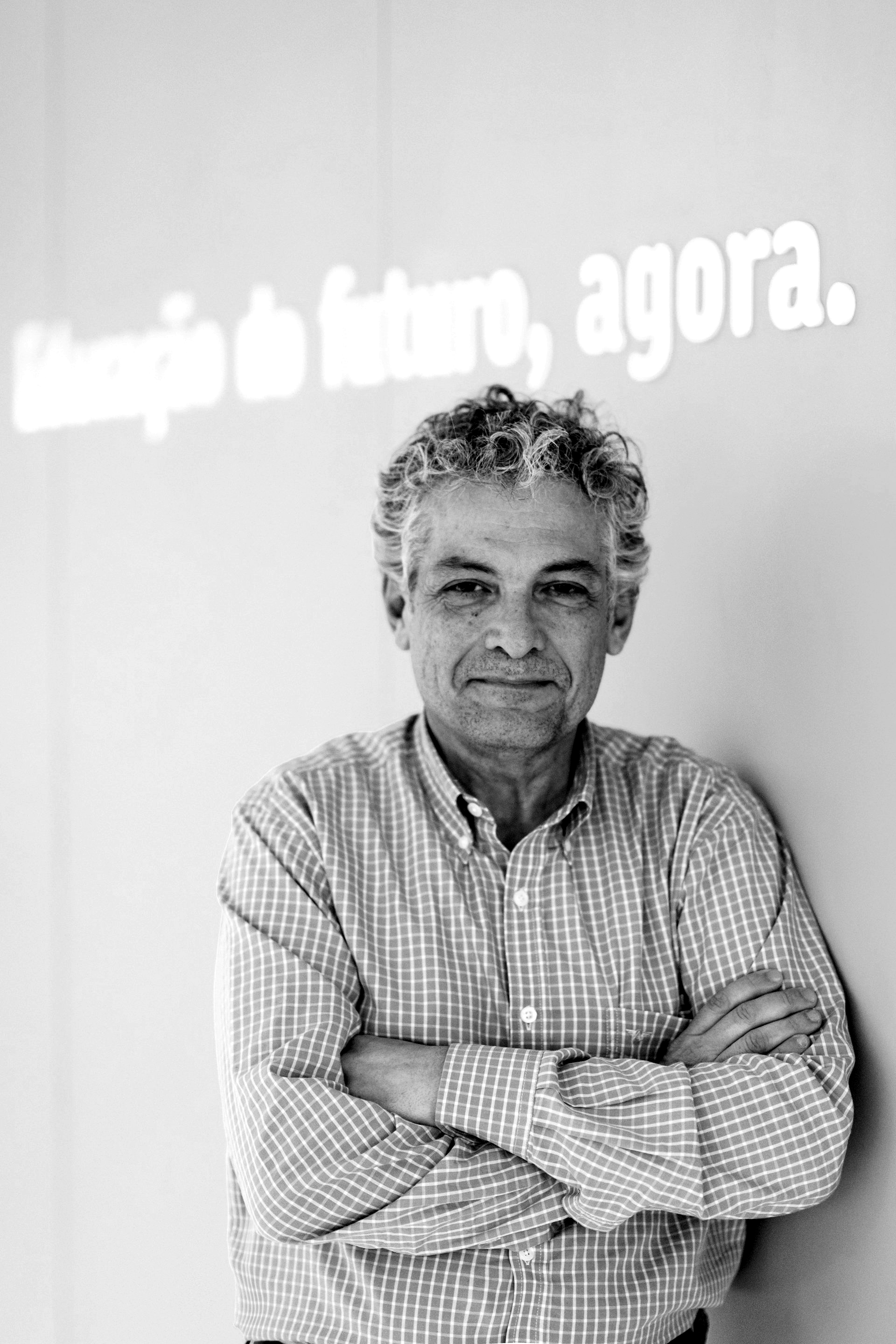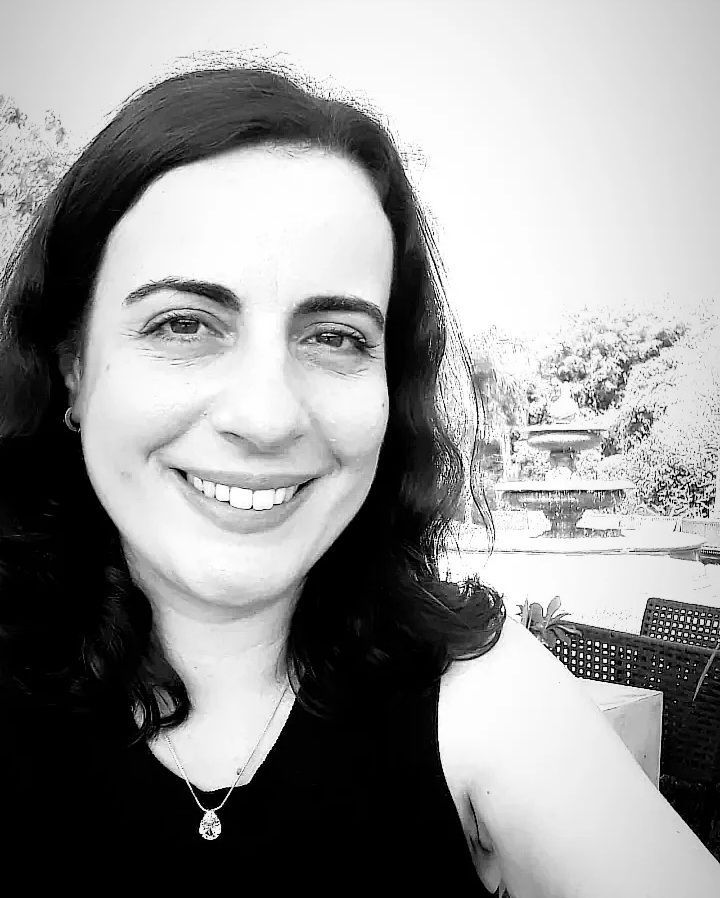STAFF
PRINCIPAL RESEARCHERS
Naercio Menezes Filho
Naercio Menezes Filho is a Full Professor at Ruth Cardoso Chair at Insper, Associate Professor at the University of São Paulo (FEA-USP), member of the Brazilian Academy of Sciences and the National Order of Scientific Merit, columnist for Valor Econômico and director of the Brazilian Center for Early Child Development (CPAPI). Naercio holds a PhD in Economics from the University of London and carries out research in the areas of education, early childhood, labor market, income distribution, productivity, and international trade.
Débora Falleiros de Mello
Débora Falleiros de Mello is a Full Professor in the Department of Maternal-Child Nursing and Public Health at the Nursing School of Ribeirão Preto, University of São Paulo (EERP-USP). Her research focuses on child health nursing, with an emphasis on child care within the family setting, as well as on child health monitoring in primary health care.
Maria Beatriz Martins Linhares
Psychologist, specialist in Child Clinical Psychology and Hospital Psychology. She holds a Master's degree in Special Education from the Federal University of São Carlos (UFSCar), a PhD in Experimental Psychology from the University of São Paulo (IP-USP), and a post-doctorate from the University of British Columbia/BC Children's Hospital. She is an Associate Professor (Senior) in the Department of Neuroscience and Behavioral Sciences at the University of São Paulo, Faculty of Medicine in Ribeirão Preto (FMRP-USP). She works as an advisor for the graduate program in Mental Health at the same institution and for the graduate program in Psychology at the Faculdade de Filosofia, Ciências e Letras de Ribeirão Preto (FFCLRP-USP). He coordinates the Research Laboratory for the Prevention of Child Development and Behavior Problems (LAPREDES, FMRP-USP). She is a member of the Scientific Committee of the Núcleo Ciência pela Infância (NCPI) and of the Institute for the Enhancement of Education and Research in the State of São Paulo (IVEPESP). She is also a researcher at the Brazilian Center for Early Child Development (CPAPI).
Rogerio Lerner
Rogerio is a psychologist, Master, PhD and Professor of Psychology at the University of São Paulo (IP-USP), where he is an Associate Professor of undergraduate and graduate programs. He completed his postdoctoral studies at the University of Paris 6 in 2009. Since 2011, he has been a fellow of the College of Research Training Program at the University College London - International Psychoanalytical Association. Since 2019, he has been a Subsidiary Lecturer at the Psychiatry Department of FMUSP. He works in the areas of Developmental Psychology, Psychoanalysis, parenting and psychic constitution. He has been engaged in the production and dissemination of group-scale evidence and statistical treatment of data from Psychoanalysis and Psychodynamic Psychotherapy studies. He is a member of the Scientific Committee of the Núcleo Ciência pela Infância (NCPI), of the Scientific Committee of the Latin American Psychoanalytic Federation (FEPAL), of the Scientific Committee of the International Psychoanalytical Association (IPA), faculty member of the Research Training Programme (IPA), and Principal Investigator of the Brazilian Center for Early Child Development (CPAPI).
Sonia Isoyama Venancio
Pediatrician, Sonia holds a PhD in Public Health from the School of Public Health, at the University of São Paulo (FSP-USP). She works as a Scientific Researcher VI and Deputy Director at the Instituto de Saúde of São Paulo's Department of Health. Sonia coordinates the Professional Master's Program in Collective Health at São Paulo's Health Department and is a permanent lecturer of the Graduate Program in Nutrition for Public Health at FSP-USP. Consultant for the Ministry of Health on child health and breastfeeding, she supports the design and implementation of public policies, training for managers and health professionals, as well as the development of research projects. In 2017, she acted as a consultant for the Ministry of Citizenship in implementing the Criança Feliz Program. Her research focuses on collective health, with emphasis on child health, breastfeeding and complementary feeding, child development, health evaluation and evidence-informed policymaking.
ASSOCIATE RESEARCHERS
Alicia Matijasevich
Alicia Matijasevich is an Associate Professor in the Department of Preventive Faculty of Medicine (FMUSP). Alicia is a pediatrician (Universidad de la República, Uruguay), with a Master's degree and PhD in Epidemiology (Federal University of Pelotas, Brazil) and a post-doctoral fellowship in the Department of Social Medicine at the University of Bristol, England. Alicia has experience in the design, coordination and data analysis of epidemiological studies. In the last 15 years she has conducted epidemiological research in the area of maternal and child health, health inequalities and health care in the context of life cycle studies. She is a researcher of the Pelotas' birth cohorts and the MINA-Brazil cohort. She collaborates with a wide network of national and international researchers. With colleagues at the University of Bristol she has developed alternative methods to assess causality and new methodologies for longitudinal data analysis. Since 2010 she has been a CNPq productivity researcher.
Antônio José Ledo Alves da Cunha
Full Professor at the Faculty of Medicine of the Federal University of Rio de Janeiro Medical School (UFRJ), Department of Pediatrics.
Charles Kirschbaum
Charles Kirschbaum holds a Ph.D. in Business Administration (in Organizational Studies) from Fundação Getúlio Vargas (FGV), a post-doctoral degree in Economic Sociology from Columbia University and an MBA from the University of Pennsylvania/Wharton. He is an Associate Professor at Insper, in São Paulo. He is a member of the Center for Business Studies, where he has conducted research on the analysis of social networks in companies. He is part of the Núcleo Ciência pela Infância (NCPI). He gives strategy classes for PhD, Master's in Professional Administration, and undergraduate students. In addition, he gives elective classes on social networks for Business Administration undergraduate students and the course Social Networks, Computing and Society for Computer Engineering undergraduate students. His research areas include: organizational field, business strategy, institutionalism, social networks, organizational theory, networks, and student-teacher relationships.
Ciro Biderman
Ciro Biderman is a Professor in the PhD Program in Public Administration at Fundação Getúlio Vargas (FGV) and an Associate Researcher at the Center for Studies in Public Sector Policy and Economics (CEPESP-FGV). He obtained his post-doctoral degree in Urban Economics at the Massachusetts Institute of Technology (MIT) in 2007, and his PhD in Economics at FGV-EAESP in 2001. He served as a visiting researcher at the Lincoln Institute of Land Policy between 2006 and 2012. His research interests include urban and regional economics, with a focus on public policy at the sub-national level and particular emphasis on transportation economics and land policy. Previously, he was Director of Innovation at the São Paulo City Hall (2016) and Chief of Staff at the São Paulo Transit Company (SPTrans) (2013-2015).
Cláudia Maria Gaspardo
Associate Professor in the Department of Neurosciences and Behavioral Sciences at the Ribeirão Preto Medical School, University of São Paulo (USP). Graduated in Psychology from the Faculty of Sciences at São Paulo State University - campus Bauru (2001), with professional specialization in Developmental Psychology in Healthcare at the Hospital das Clínicas, Ribeirão Preto Medical School, University of São Paulo (2003). Completed a Master's in Mental Health at the Ribeirão Preto Medical School, University of São Paulo (2006) and a PhD in Mental Health at the same institution (2010). Postdoctoral fellowship (PNPD/CAPES) in the Graduate Program in Mental Health at the Ribeirão Preto Medical School, University of São Paulo (2018). Participated in training at IDEAS Impact Framework at the University of Oregon in partnership with the Frontiers of Innovation of the Harvard Center on the Developing Child (HCDC). Member of the GO-TEAM Brazil of the I-Lab (Innovation Lab) projects, Núcleo Ciência Pela Infância (NCPI).
Daniel Domingues dos Santos
Daniel Santos is an Associate Professor of Economics at the University of São Paulo, Ribeirão Preto campus. He holds a PhD from the University of Chicago, was vice president of the Brazilian Econometric Society, and is currently coordinator of the Laboratório de Estudos e Pesquisas em Economia Social (LEPES), and an active member of the Núcleo Ciência pela Infância (NCPI), Rede Ciência pela Educação (CpE), and Edulab 21. In his research agenda, Daniel is especially dedicated to understanding issues related to child development and socioemotional development within the school context. He is also one of the authors of SENNA's (2013) socioemotional development measurement instrument, applied to over 300,000 Brazilian students to date.
Darci Neves
Associate Professor at the Institute for Collective Health at the Federal University of Bahia (UFBA).
Eurípedes Constantino Miguel Filho
Psychiatrist graduated from the University of São Paulo, School of Medicine. Full Professor in the Department of Psychiatry at the University of São Paulo, School of Medicine. Adjunct Associate Professor at Yale University School of Medicine. He leads research projects in the area of obsessive-compulsive disorder (OCD) and in the area of development. He was the founder and coordinator of the Obsessive-Compulsive Spectrum Disorders Program (PROTOC) at his institution, and is Coordinator of the Brazilian Consortium for Research on Obsessive-Compulsive Spectrum Disorders (C-TOC). Focusing on OCD, he coordinated three thematic projects sponsored by FAPESP and is currently one of the Principal Investigators of a project at the American Institutes of Health (NIH) (along with collaborators from the United States, India, South Africa and the Netherlands).
Guilherme Polanczyk
Associate Professor of Child and Adolescent Psychiatry at the Faculty of Medicine of the University of São Paulo (FMUSP).
Helena Brentani
Professor of Psychiatry at the Faculty of Medicine of the University of São Paulo (FMUSP).
Joana Simões de Melo Costa
Joana Costa has been a researcher at the Institute for Applied Economic Research (IPEA) since 2004. She obtained her PhD in Economics at PUC-Rio in 2013. Previously, she worked at IPC/UNDP (International Poverty Centre/UNDP-Ipea) on projects related to gender inequalities and poverty (2004-2009). She is currently assigned to the directorate of social studies and policies at IPEA, and has been working with social policy evaluation projects in areas such as education, labor, and gender.
Luiz Guilherme Dácar da Silva Scorzafave
Professor at the Department of Economics at FEA-RP/USP and Coordinator of LEPES (Laboratory of Studies and Research in Social Economy). He has more than 20 years of experience in public policy evaluation, especially educational policies. Luiz Guilherme also investigates how experiences in the first years of a child's life are associated with future outcomes, both in educational outcomes and in terms of involvement with violence (inside and outside of school) and crime.
Ricardo Paes de Barros
Ricardo Paes de Barros holds a Bachelor's degree in Electronic Engineering from the Instituto Tecnológico da Aeronáutica (ITA), a Master's degree in Mathematics from the Instituto de Matemática Pura e Aplicada (IMPA) and a PhD in Economics from the University of Chicago. He was a post-doctoral fellow at the University of Chicago's Center for Research in Economics and at Yale University's Center for Economic Growth. He was part of the Institute for Economic and Applied Research (IPEA) for over 30 years, where he conducted numerous researches focused on issues related to inequality and poverty, labor market and education in Brazil and Latin America. In 2015, he took over the Ayrton Senna Institute Chair at Insper, where he currently dedicates his work to using scientific evidence to identify major national challenges and to formulate and evaluate public policies, covering topics such as education, early childhood, youth, inequality, poverty and the labor market.
POSTDOCTORAL RESEARCHERS
Juliana Araújo Teixeira
Bachelor's degree in Nutrition from the School of Public Health, University of São Paulo (FSP-USP). Master (2009) and PhD (2018) in Science from FSP-USP, emphasis area: Nutrition in Public Health. She is currently a post-doctoral fellow at the Brazilian Center for Early Child Development (CPAPI) and a fellow at the Brazil Office, David Rockefeller Center for Latin American Studies, Harvard University. She works in the following projects: PIPAS (Early Childhood for Healthy Adults, Institute of Health); Infant Feeding in New Zealand (Growing Up in New Zealand cohort study) and ProcriAr (Influence of nutritional factors and air pollutants on children's respiratory health: a cohort study of pregnant women). She has experience in Epidemiology, with emphasis on Nutritional Epidemiology. She works mainly with the topics: food consumption assessment, as well as maternal and child health.
Inacia Bezerra de Lima
Graduated in Psychology (Bachelor's degree) from the University of Ribeirão Preto (UNAERP), specializing in Phenomenological Existential Clinical Psychology, PhD at the Ribeirão Preto Nursing School - USP. Conducted doctoral research at the Center for Health Technology and Services Research (CINTESIS) at the Faculty of Medicine, University of Porto, Portugal. Worked as field supervisor for the BRISA cohort study (School phase) coordinated by the Child and Adolescent Health Studies Center (NESCA-FMRP/USP). Has experience in research supervision in topics such Mental Health, Mental Disorders, and Public Health. Currently a postdoctoral researcher at the Brazilian Center for Early Childhood Development (CPAPI), Insper.
Sarah Blima Paulino Leite
Bachelor's degree in Biology from the Federal University of São Carlos (UFSCAR). Master (2012) and PhD (2017) in Genetics from Ribeirão Preto Medical School - University of São Paulo. Currently postdoctoral researcher at the Brazilian Center for Early Child Development (CPAPI, Insper). Sarah has experience in Human Genetics, with emphasis in Molecular Biology (real-time PCR) and Cellular Biology (Cultivation of pluripotent and tumor cell lines), Epigenetics (DNA methylation and hydroxymethylation), and Regulatory mechanisms of gene expression (non-coding RNAs: miRNAs and siRNAs). Previously worked as a field supervisor (School phase) at the BRISA project -- a cohort study coordinated by the Center for Studies on Child and Adolescent Health (NESCA-FMRP/USP).
MANAGEMENT TEAM
Bruno Kawaoka Komatsu
Bruno Kawaoka Komatsu is a researcher at Ruth Cardoso Chair and a lecturer for the Advanced Program in Public Management at Insper. His research focuses on public policies and current issues of the Brazilian economy. At the Brazilian Center for Early Child Development (CPAPI), Bruno provides technical support to research activities.
Claudia Cerqueira do Nascimento
Bachelor in Economics, PhD in Public Administration and Government from the Getulio Vargas Foundation (EAESP-SP). She was a postdoctoral researcher at CEBRAP and "Economics and Politics Research Group" member at UnB. She served as director at the Economic Development Secretariat and as an advisor on the State Committee for COVID-19 - both within the São Paulo state government.







